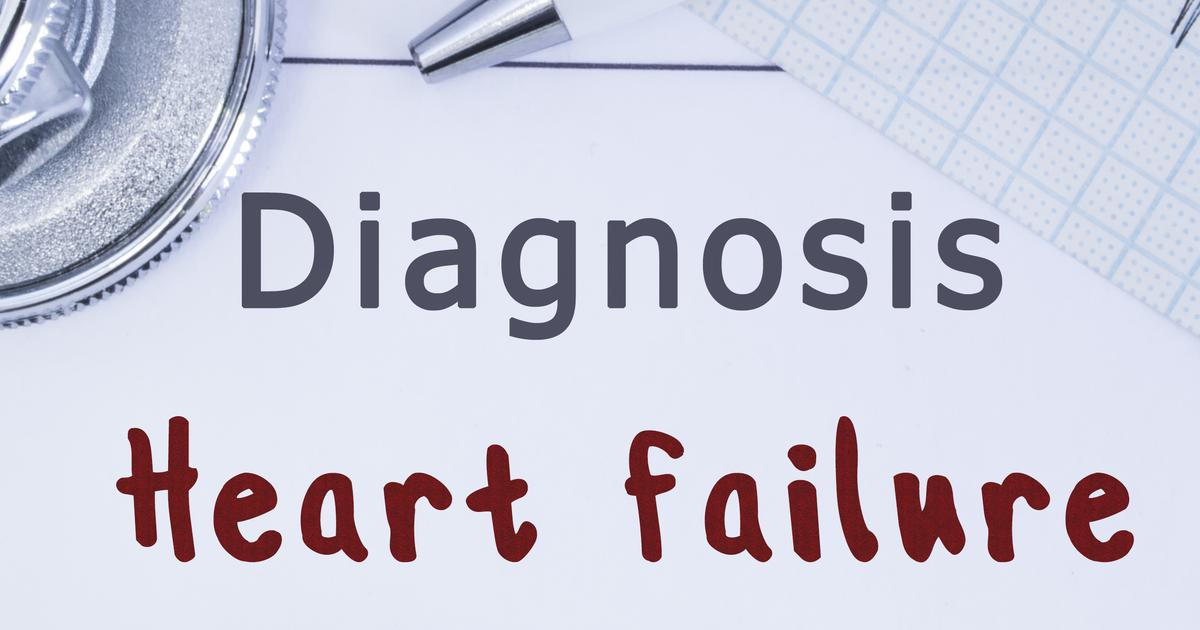Guide To The Causes Of Conn's Syndrome
Heart Failure

Conn's disease can be caused by the presence of heart failure due to the processes the body utilizes to cope and compensate for the loss of heart function. Heart failure occurs when the muscle of the heart cannot pump a sufficient amount of blood to tissues around the body. Fortunately, the brain, body, and heart itself can all work together through certain processes to make up for the shortcoming. These compensation processes can work so well that an affected individual may not experience symptoms until heart failure has progressed past its first stages. The poor function of the heart causes a shortage of blood and oxygen in the tissues, which signals to the brain more fluid is needed in the blood vessels. The brain initiates a chain sequence of events, including increased secretion of aldosterone to help the blood vessels constrict and blood retain more sodium. As heart failure progresses, these efforts by the nervous system, hormone system, and cardiovascular system become more intense. This intense compensation can cause Conn's syndrome because the glands continue secreting aldosterone even when its action has become ineffective at compensating for heart failure.
Uncover more Conn's syndrome causes now.